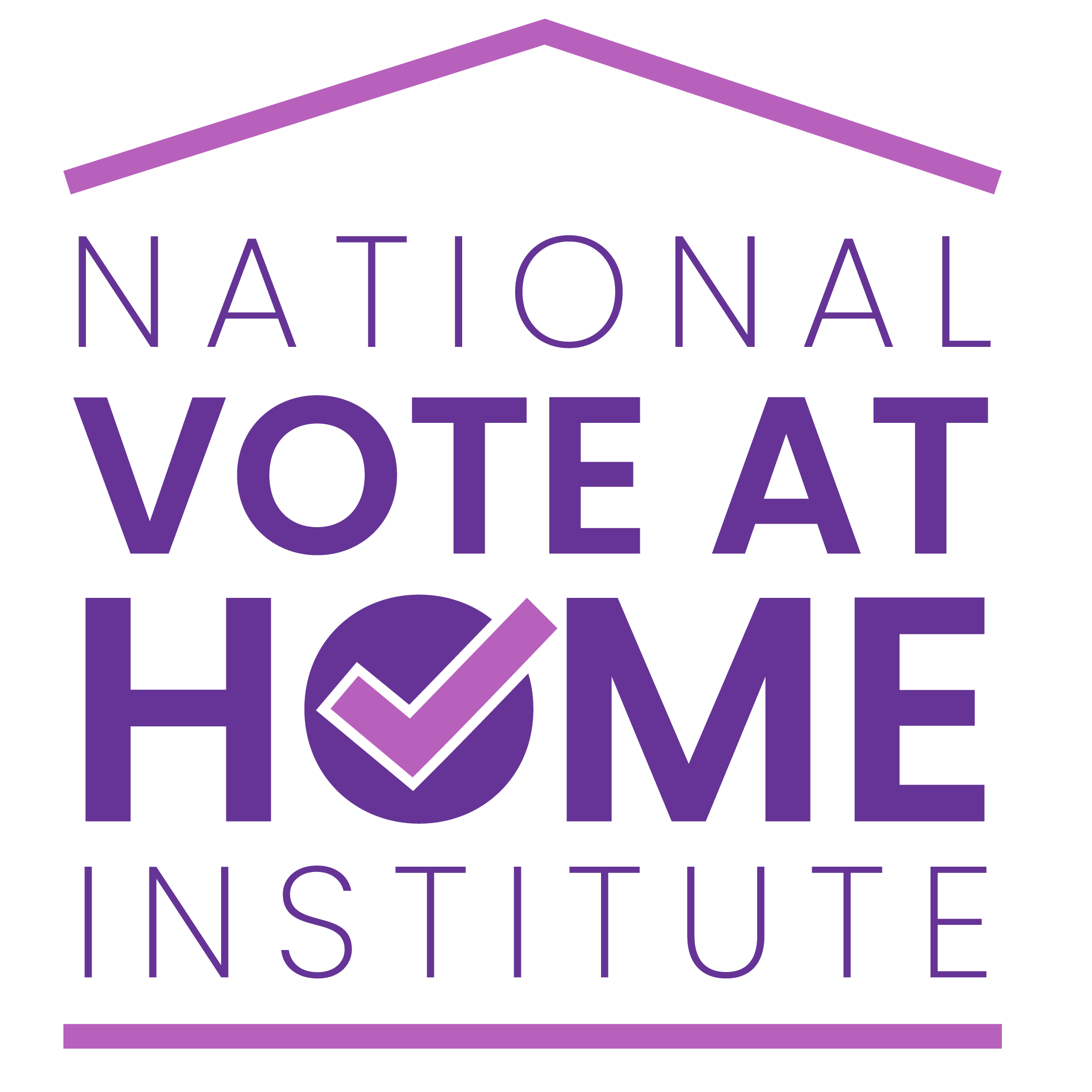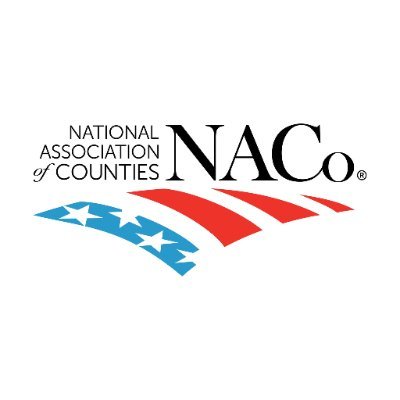Encourages robust turnout in safe and secure elections
Continue readingVOTING AT HOME IS BIG WINNER IN TUESDAY’S ELECTION
Encourages robust turnout in safe and secure elections
Continue readingMaine’s Question 1 Threatens to Silence Tens of Thousands of Voters
Maine’s Question 1 Threatens to Silence Tens of Thousands of Voters
Continue readingWhy Does Trump Hate Vote-By-Mail?
Why Does Trump Hate Vote-By-Mail?
Restricting vote-by-mail could disenfranchise millions, argues mail voting pioneer Phil Keisling
4 Facts You Need to Counter Trump’s Lies About Mail-In Voting
THE NATION — Is it Groundhog Day? Because the president is still repeating the same tired lies about mail-in ballots that he’s been pushing for nearly a decade. These claims have been investigated, litigated, and debunked—sometimes by his own allies—yet they keep returning because they serve a purpose: to sow doubt, decrease confidence, and weaken democracy.
Many have already zeroed in on the president’s utter lack of legal authority to restrict, much less eliminate, states’ use of mail ballots. Even Congress’s authority, under Article I Section 4 of the US Constitution, is severely limited.
But just as important is the complete and utter inaccuracy of every one of his accusations. Here’s the facts to counter the lies about mail ballots, whether you think of them as absentee voting, vote by mail, or vote at home.
Mail Ballots Are Not A Threat to Democracy, But An Invitation to it
You know it’s a day that ends in “Y” when mail ballots are being attacked, whether by the president or one of his acolytes. No matter how thoroughly these tired lies and baseless accusations have been investigated, litigated and debunked, they keep returning.
But whether you call it vote by mail, absentee voting or vote at home, it’s not new, risky or partisan. In fact, mail ballots are one of the most time-tested, secure and bipartisan voting methods in America. And instead of being a threat to democracy, mail ballots might just be the solution to the problem of American democracy becoming a mere spectator sport, where an aging, shrinking number of voters determine most of our electoral outcomes.



